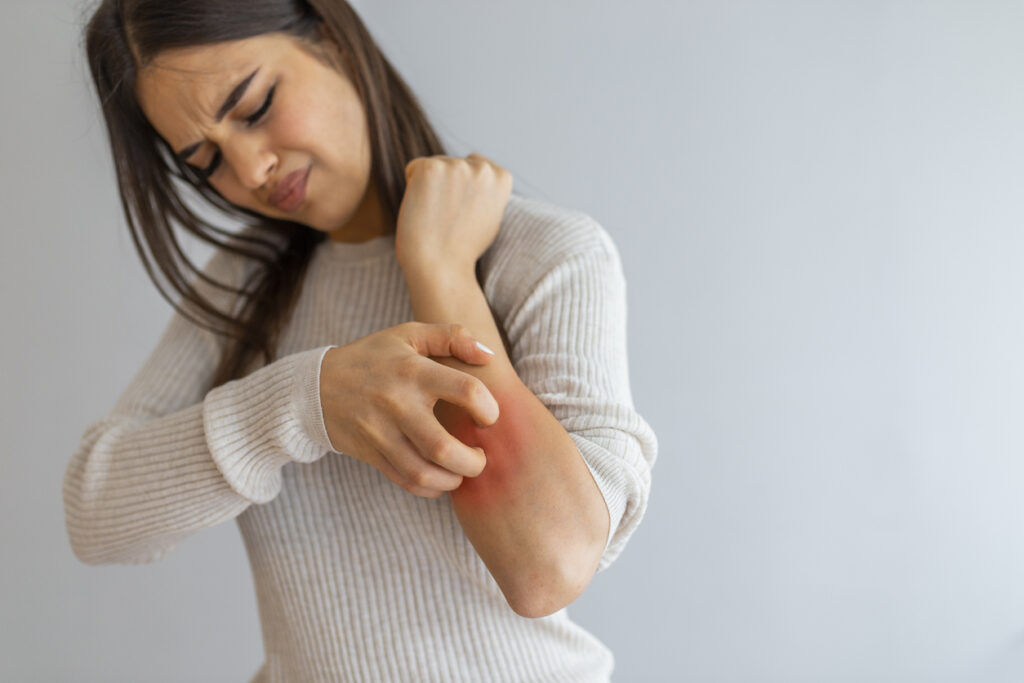Adults with eczema are significantly more likely to experience suicidal thoughts, according to a study presented at the European Academy of Dermatology and Venereology (EADV) Congress 2025 in Paris, France.
The “Scars of Life” study surveyed 30,801 adults across 27 countries in 2024. Among them, 15,223 were adults with physician-confirmed current atopic eczema, while 7,968 adults without the condition served as controls.
Participants with current atopic eczema were grouped by age of disease onset—childhood, adolescence, or adulthood—and completed a detailed online questionnaire capturing sociodemographic information, self-reported suicidal ideation, severity of itch and skin pain, atopic eczema severity, and experiences of skin-related stigmatization.
Slightly more than 13% of adults with atopic eczema reported suicidal ideation, compared with 8.5% of adults without atopic eczema. All subgroups—whether the condition began in childhood, adolescence, or adulthood—had higher odds of suicidal ideation than controls, the study showed.
The study identified several factors strongly associated with suicidal ideation in adults with atopic eczema. Younger adults, particularly those under 30, were more likely to report suicidal thoughts as were individuals with obesity.
Clinical features also played a major role: moderate-to-severe atopic eczema doubled the odds of suicidal ideation, while pruritus, skin pain, and high overall symptom intensity were all significantly associated with increased risk.
Psychosocial and sleep factors further contributed to risk. Adults with suicidal thoughts reported higher levels of stigmatization and more prevalent sleep disorders, with mixed insomnia—difficulty falling and staying asleep—notably linked to suicidal ideation, the study showed.
“The results highlight that the effects of atopic eczema are more than skin deep, with suicidal thoughts representing a serious and frequent concern that is often overlooked by healthcare professionals,” says Dr Delphine Kerob, a Dermatologist in Paris and the Scientific Director of La Roche-Posay at L’Oreal, in a news release.
“By identifying the main risk factors behind suicidal ideation in this population, we hope this study will help healthcare professionals better recognize and address these challenges, supporting patients’ overall well-being more effectively.”


